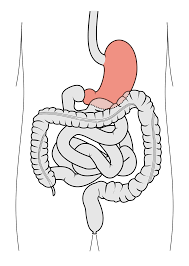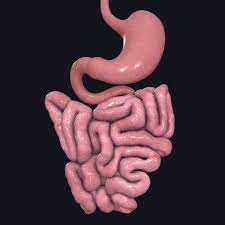The "Stroke of Genetics"
- Mar 28, 2022
- 2 min read
Genetics and the environments we are in affect our chances of getting a stroke. Cardiovascular health is largely dependent on genetic factors, and it is important to research familial medical history in order to prevent strokes and other cardiovascular health issues, like high blood pressure and heart attacks.
Stroke is the second highest cause of death around the globe and can cause disabilities and dementia. Adults over the age of twenty five in the United States have a 24% stroke risk. Scientists have discovered various risk variants for strokes and genetic risk scores are being developed. This makes it crucial for adults to pay close attention to their cardiovascular health, which they can do through healthy eating habits and regular exercise.
A recent study published in the Journal of the American Heart Association targets whether or not a healthy lifestyle will reduce the chances of genetic strokes. The study includes 11,568 middle aged adults and follows them for twenty eight years. Their chances of stroke were estimated by genetics and their current level of cardiovascular health. They were assessed for “Life’s Simple 7,” which calculates cardiovascular health. The seven factors are: cholesterol control, blood pressure control, blood glucose control, physical activity, healthy diet, no smoking, and maintaining a healthy body mass index (BMI).

Over time, 1,138 were diagnosed with a stroke. Out of these patients, 44.3% had high genetic risk while 14% had low genetic risk. Participants who scored low on the “Life’s Simple 7” scale also took up 56.8% of the strokes while those who scored higher only took up around 7%. Overall, researchers found that those who score low on the “Life’s Simple 7” scale and have a high genetic risk factor have a stroke risk factor of 24.8%.
In order to reduce this number, it is important to factor in the “Life’s Simple 7” scale and take a look at the environmental factors that may affect where you place on the scale. In order to improve your score, redefine your lifestyle choices. Eat healthier meals with more fruits and vegetables. Exercise more and focus on cardio like running and swimming. Improving your lifestyle will increase your score on the scale because your cholesterol will decrease and your physical activity will increase. Focusing on the environment you are in will help reduce your risk of stroke even if genetics may increase it.




Comments